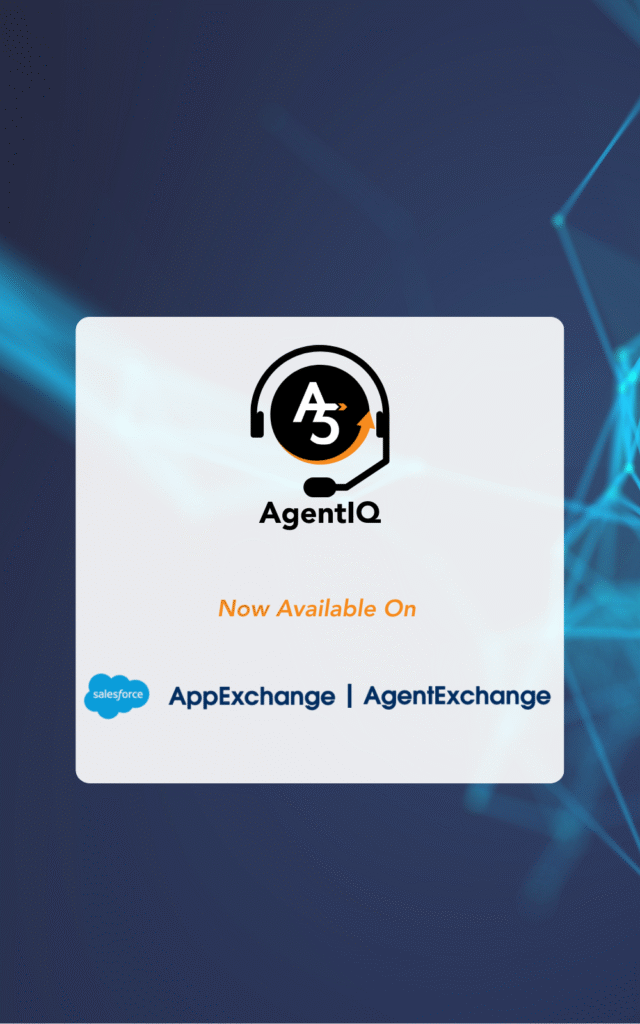Businesses today want to offer maximum possible options to customers, giving them the ability to configure virtually any combination of products, services or bundles. While a good business strategy, this flexibility can lead to massive complexity throughout the sales process. Some companies have huge portfolios with hundreds of variations for each product—and the combination of unique SKUs can number in the hundreds of thousands or millions. Configure Price Quote (CPQ) solutions can only be as accurate as the configured rule engine running in the background, but given the sheer number of combinations, how do you ensure all combinations are represented and the quotes are accurate? You have three options:
- Test everything: Hire a team to go over every potential quote combination—even if these number in the hundreds of thousands.
- Test nothing: Just pray that quotes are accurate and absorb any costs related to inaccurate pricing.
- Conduct sample testing: Falling somewhere between the two extreme options, this allows organizations to conduct tests on a random sample of transactions, relying on chance to catch any errors.
Option one would likely require an army of testers, costing your organization millions of dollars in salary and benefits. Option two could cost you much more in the long run as quote errors could mean a loss of revenue and they tend to last for years. The third option seems like a good compromise, but it’s actually the worst of both worlds—requiring you to pay for team of testers without the guarantee of no errors. May I present a fourth option? How about automated testing? When you make a change to a product or service, wouldn’t it be more efficient to just press a button and thousands of tests get executed at once? This would allow you to make sure changes to products, components and options do not impact the validity of quotes. Here are four features that you should look for in a CPQ solutions that includes automatic testing:
- Simple uploads: Make sure your automated testing tool integrates seamlessly with your CPQ software and that it provides a fast, efficient and simple way to incorporate a large volume of test cases. This could be a mass upload or, better yet, an on-demand option that automatically runs all test cases when new combinations are possible.
- Insights: Identifying failed tests is only the tip of the iceberg. Your automated testing tool needs to provide insight into why a test failed and provide real-time alerts to administrators. Event logs or screenshots should be included for additional context.
- Personalized experiences: Administrators shouldn’t have to sort through hundreds of thousands of test cases to find the way that is relevant to each situation. They need to be able to create a favorites list that they can reference over and over again.
- Integrations: CPQ solutions integrate with other business systems—whether they are ecommerce, sales performance management (SPM), customer relationship management (CRM) or enterprise resource management (ERP) solutions—and these integrations should all be tested as well.
With millions of possible product combinations, many organizations do not have time to ensure every new product or release is bug free. An automated testing tool integrated with your CPQ solution can streamline the testing process—ensuring you have a simple, efficient way to ensure quotes are accurate. More now than ever, organizations need to consider quote testing when considering their next CPQ solution.





